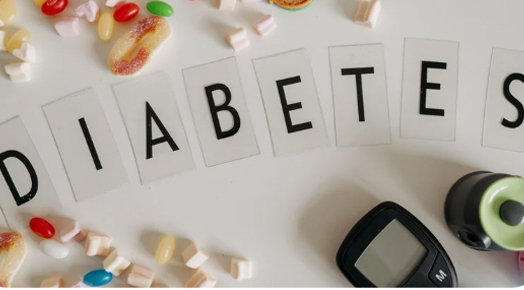Living With Diabetes
For many people living with diabetes, eating to manage blood glucose levels can often create stress and strain on one’s relationship with food.
The pressure to eat a certain way, restrict food choices or maintain a specific weight can disrupt our connection with food and may even give rise to eating behaviors that negatively impact our ability to manage blood glucose levels. Persons with diabetes who are Eating Competent are able to successfully manage their blood glucose levels while maintaining a positive relationship with food.
Preserving Eating Competence While Living with Diabetes Begins With:
Feeding yourself faithfully by developing a meal and snack routine that works for you. Eating the foods you genuinely enjoy at regular meals and snacks will provide reassurance that you will be fed. This can lessen the extremes of carbohydrate intake and promote steady blood glucose levels throughout the day.


Giving yourself permission to eat all kinds of foods – including those foods you have been told are “forbidden”. Labeling foods as “good” or “bad” or specifying “shoulds” or “oughts” interfere with your eating by taking away choices and the joy of eating at meal and snack times. When you feel good about your food choices you are calmer and remain tuned in at meals and snacks.
Connecting with your eating by taking the time to sit down and eat. By tuning in to your eating, you will begin to trust your body to know how much to eat of good- tasting, filling and sustaining meals and snacks.


Resist interference and protect yourself from the negative messages about eating, food and weight around you and from within. Focusing on weight will only undermine your ability to trust your decisions on what and how much to eat and distract you from eating competently.



